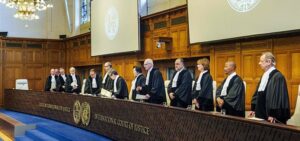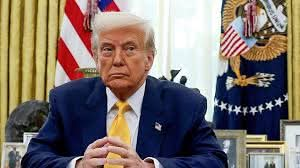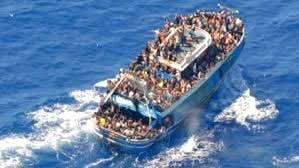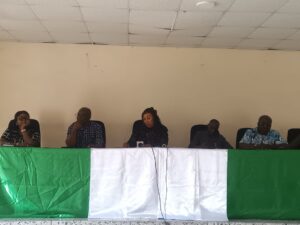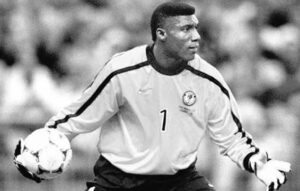Maduro Sworn in for Third Term Amid International Rejection and Widespread Protests
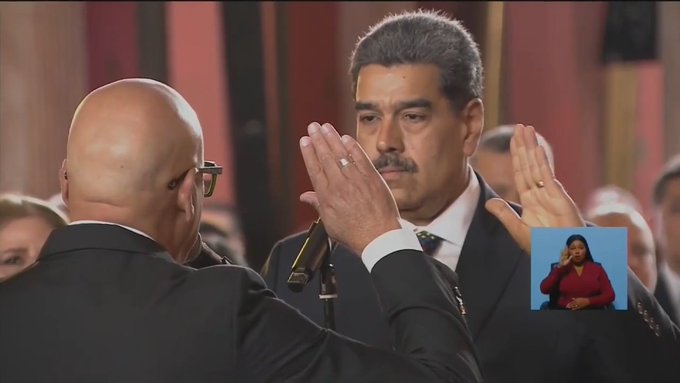
Venezuelan President Nicolás Maduro was inaugurated on Friday for a third six-year term, despite international condemnation over alleged electoral fraud and growing reports of repression. Bolstered by a loyal military, Maduro vowed during the swearing-in ceremony before parliament that the new term would mark a “period of peace.” The ceremony followed mass protests led by opposition leader María Corina Machado, who emerged from hiding to address demonstrators in Caracas on Thursday. The rallies were met with a heavy security presence, with armed military personnel patrolling the streets and roadblocks disrupting traffic. Critics have accused Maduro of orchestrating a fresh wave of repression in the lead-up to his inauguration, prompting the United Nations to express concern. According to Gonzalo Himiob of the NGO Foro Penal, at least 17 protesters were detained during Thursday’s demonstrations. Meanwhile, opposition figures and activists, including Machado, faced harassment. Machado’s team reported that she was intercepted by security forces, forcibly detained, and later released after being compelled to record videos. Election Controversy and Repression Maduro’s re-election on July 28, 2024, has been widely criticized as fraudulent. The opposition claims that its candidate, Edmundo González Urrutia, won at least two-thirds of the vote, based on independent tallies from polling stations. However, Venezuela’s National Electoral Council (CNE), loyal to Maduro, declared him the winner shortly after polls closed without providing a detailed vote breakdown. The United States, European Union, and several Latin American countries have recognized González Urrutia as the legitimate president-elect. Despite this, Maduro has maintained his grip on power, relying on security forces and paramilitary “colectivos,” which have been accused of using intimidation and violence to suppress dissent. The situation has led to heightened tensions in Caracas, with reports of more than 2,400 arrests, 28 deaths, and hundreds of injuries since Maduro claimed victory. Wanted posters offering a $100,000 reward for González Urrutia’s capture have been plastered across the city, and opposition leaders have faced mounting threats. International and Regional Responses Maduro’s inauguration has further strained relations with neighboring Colombia, which hosts millions of Venezuelan refugees. Citing an “international conspiracy to disrupt Venezuelans’ peace,” the governor of the border state of Táchira announced the closure of the border with Colombia for the weekend. The U.S. has also voiced concern, with President-elect Donald Trump warning Maduro not to harm opposition leaders Machado and González Urrutia. Trump’s administration had previously imposed harsh sanctions on Maduro’s government, which were briefly eased by President Joe Biden but later reinstated. As Maduro begins his third term, international pressure continues to mount. González Urrutia recently concluded a tour aimed at rallying global support for democratic reforms in Venezuela, including meetings with Biden, who reiterated calls for a peaceful transfer of power. Maduro’s ability to retain power despite widespread domestic and international opposition underscores the precarious state of Venezuelan democracy, as the country grapples with economic collapse and political unrest.


